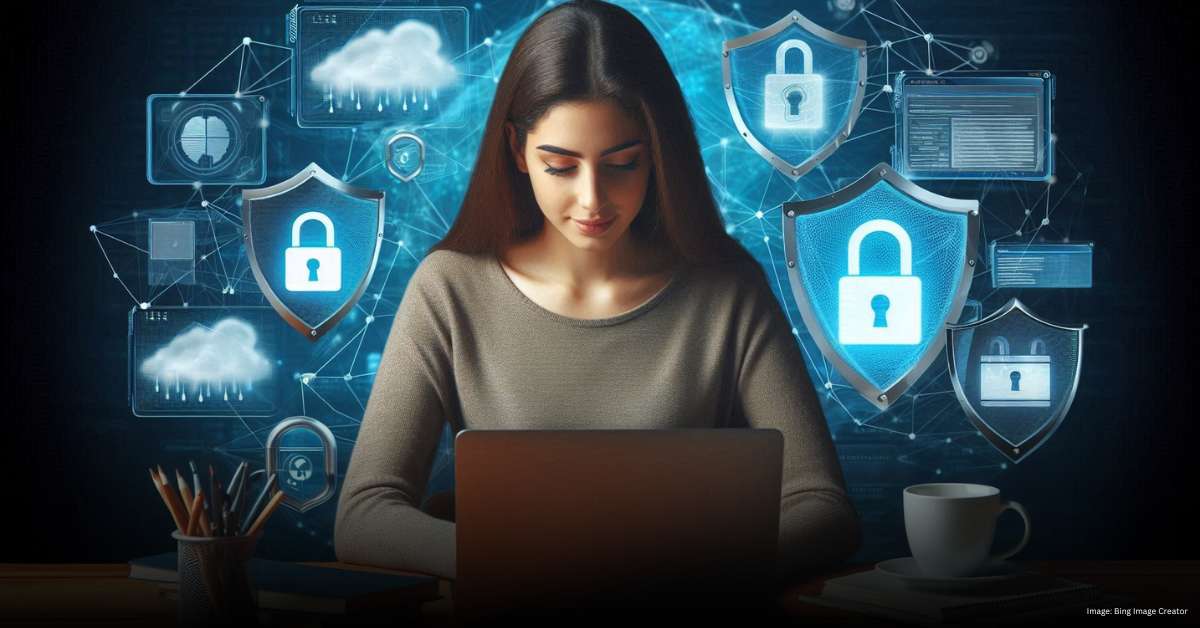In today’s world, much of our life happens online. Whether you’re banking, chatting with friends, or sharing family photos, protecting your digital life is critical. Cybercriminals are always on the lookout for personal data they can steal and misuse. Keeping your digital life secure is essential for staying safe and protecting your personal information.
The Problem of Digital Security
With the rise of technology, our lives have become more connected than ever. While this brings convenience, it also opens the door to various threats. From identity theft to hacking, online security threats are growing. But the good news is that with a few simple steps, you can safeguard your digital life.
Strong Passwords: Your First Line of Defense
Creating strong, unique passwords is one of the easiest ways to protect yourself. Avoid using common words or easily guessable information like birthdays. Instead, use a combination of letters, numbers, and symbols. Consider using a password manager to keep track of your passwords securely.
Two-Factor Authentication: Adding Extra Security
Two-factor authentication (2FA) provides an extra layer of protection. It requires you to confirm your identity through a second method, like a text message or app, in addition to your password. Enabling 2FA on important accounts, like email or banking, significantly improves security.
Keeping Software Updated
Outdated software can be an easy target for hackers. Keeping your devices and apps up-to-date ensures you have the latest security patches. Enable automatic updates where possible so you don’t miss important updates.
Be Wary of Phishing Scams
Phishing scams trick people into revealing personal information, like passwords or credit card numbers. These scams often come as fake emails or messages that look like they’re from trusted sources. Always double-check before clicking on links or sharing sensitive information online.
Using Secure Connections
Whenever you’re online, ensure you’re using a secure connection. Public Wi-Fi networks are often not secure and can expose your personal data. Use a virtual private network (VPN) when accessing the internet through unsecured connections to keep your data safe.
Backup Your Data Regularly
Losing your data to a cyberattack or accidental deletion can be frustrating. Regularly backing up your files, either to the cloud or an external hard drive, helps you recover lost data quickly and easily.
The Role of Antivirus Software
Installing antivirus software is another key step in keeping your digital life secure. Antivirus programs protect your devices from malware, viruses, and other malicious software that can steal your information. Make sure your antivirus is always up to date.
Monitor Your Accounts for Suspicious Activity
Regularly checking your financial accounts and emails for unusual activity is an important habit. The quicker you catch unauthorized actions, the easier it is to prevent further damage. Set up alerts for transactions to stay informed.
Conclusion
Protecting your digital life may seem overwhelming, but it’s easier than you think. With strong passwords, two-factor authentication, and regular updates, you can significantly reduce the risk of cyber threats. By staying informed and cautious, you can take control of your online safety. Make digital security a habit, and you’ll be better equipped to keep your personal information safe in the ever-evolving online world.
FAQs
1. What is the most important step in keeping your digital life secure?
The most important step is using strong, unique passwords for all your accounts. This reduces the chances of hackers easily accessing your personal information.
2. How can I avoid phishing scams?
Always double-check the sender of an email or message before clicking on any links. Avoid sharing sensitive information like passwords over email, especially if it’s from an unfamiliar source.
3. What is two-factor authentication, and why is it important?
Two-factor authentication (2FA) adds an extra layer of security by requiring a second form of verification, such as a text message, along with your password. It makes hacking much harder.
4. Why should I update my software regularly?
Software updates often include security patches that fix vulnerabilities. Regular updates ensure that you’re protected against new threats.
5. Should I use public Wi-Fi for sensitive activities?
No, public Wi-Fi networks are often not secure. Use a VPN to protect your data when accessing sensitive accounts or information on public Wi-Fi networks.


